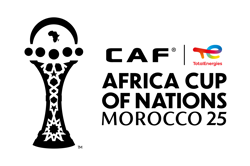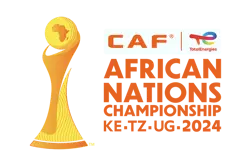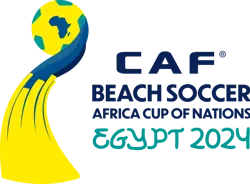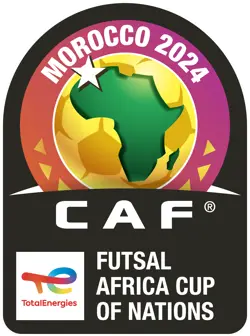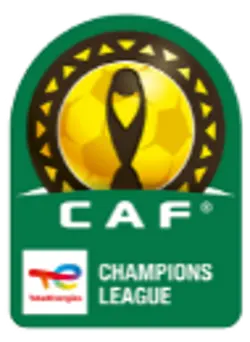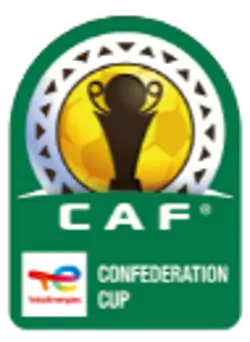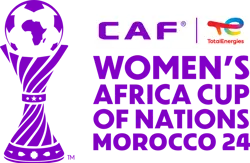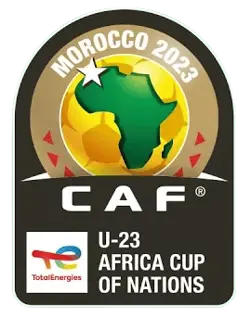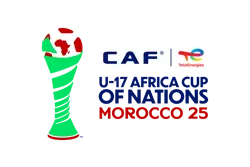CAF deepens reforms with Governance and Finance workshop in Benin
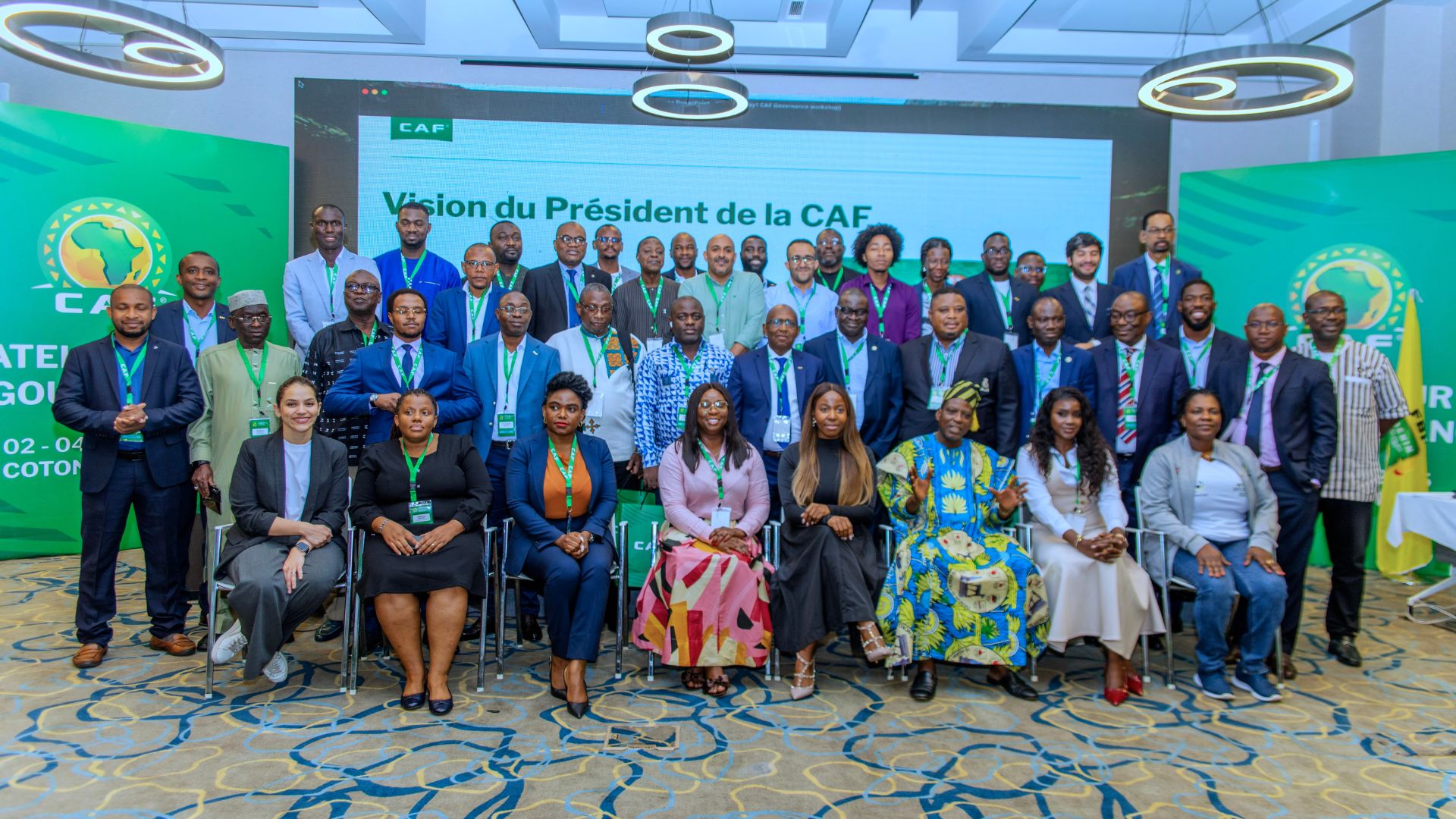
The Confédération Africaine de Football (CAF) has taken another significant step in its mission to strengthen the governance and financial frameworks of African football with a three-day workshop held in Cotonou, Benin, from 2–4 June 2025.
The initiative brought together General Secretaries and Finance Directors from 17 Member Associations of the continental football governing body.
This marks the fourth edition of the Governance and Finance workshop, and with it, CAF has successfully ensured the participation of all 54 Member Associations in this new initiative. This milestone underscores CAF’s commitment to inclusive development and strengthening capacity across the entire African football landscape.
The workshop is part of CAF’s ongoing governance drive towards a continent-wide effort, inspired by the vision of CAF President Dr Patrice Motsepe, to make African football globally respected and sustainably run.
The workshop in Cotonou, Benin was led by CAF’s Member Associations Division in collaboration with the Legal Affairs Division.
The intensive programme covered governance, financial processes, model statutes, conflict of interest policies, and audit mechanisms.
Day one focused on legal governance, while day two explored core financial governance principles, including budgeting, procurement, and financial compliance. The final day included a review session and the creation of action plans.
CAF Director of Member Associations, Sarah Mukuna, described the event as “another milestone in CAF’s commitment to empowering our Member Associations with the tools to be globally competitive and self-sustaining.”
“There is no growth in football without solid structures,” Mukuna said. “Workshops like this equip administrators with clear understanding of governance roles, responsibilities, and ethical frameworks. Our goal is to build strong institutions at every level of African football.”

Participants echoed the sentiment.
Claude Paqui, General Secretary of Benin’s Football Association, said: “This is an excellent initiative. The workshop has equipped many with essential tools to govern and manage their federations effectively. For those who had prior exposure, this was a valuable refresher.”
For Fernanda de Jesus Jama António, General Secretary of Angola’s FA, the experience was both technical and transformative.
“We tackled fundamental topics: governance structures, corruption risks, stakeholder management, and financial control. The practical case studies made the sessions relevant and applicable to our national contexts,” she said.
Pascal Deto, Finance Director of Côte d’Ivoire’s FA, praised the clarity with which the workshop outlined the responsibilities of senior federation leaders.
“It helped define the roles of the President, General Secretary, and Finance Director—especially regarding delegation of authority and collaborative governance,” he said.
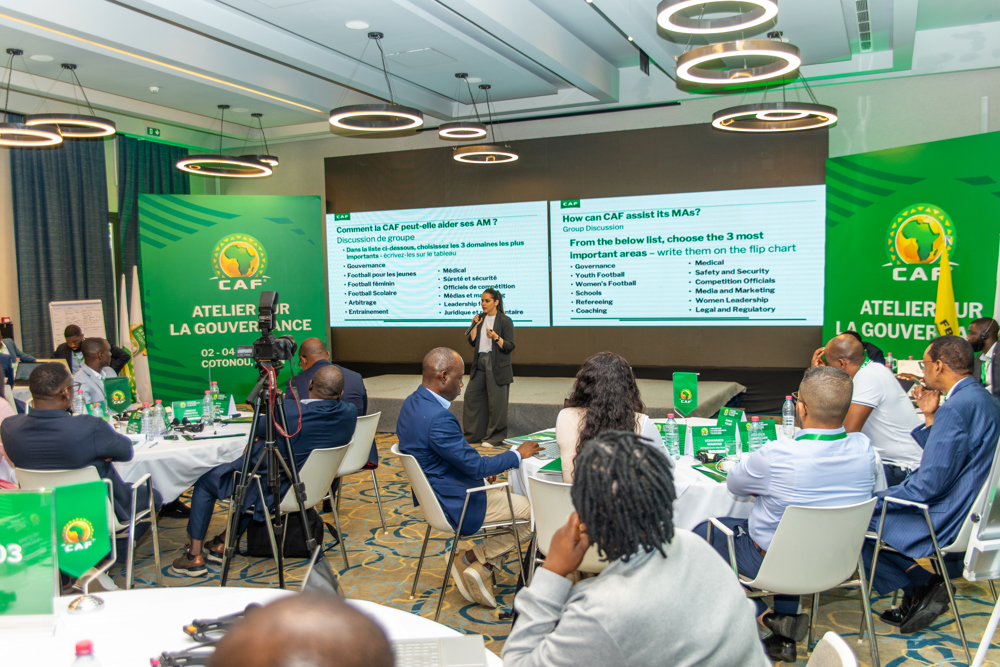
The Cotonou gathering concluded with Member Associations developing customised action plans to implement reforms upon return to their countries.
The next step in CAF’s governance programme is to deliver dedicated governance workshops directly within Member Associations. This localized approach will allow for deeper engagement with individual federation structures and the specific challenges they face, further reinforcing CAF’s commitment to building sustainable and accountable football institutions across Africa.
Previous editions of the workshop have been held in Johannesburg, Addis Ababa and Alger.
As CAF continues to roll out these initiatives across the continent, African football’s future will depend not only on talent and performance but also on the strength of its institutions.
